Men's Rights - Men's Rights Insight and Support
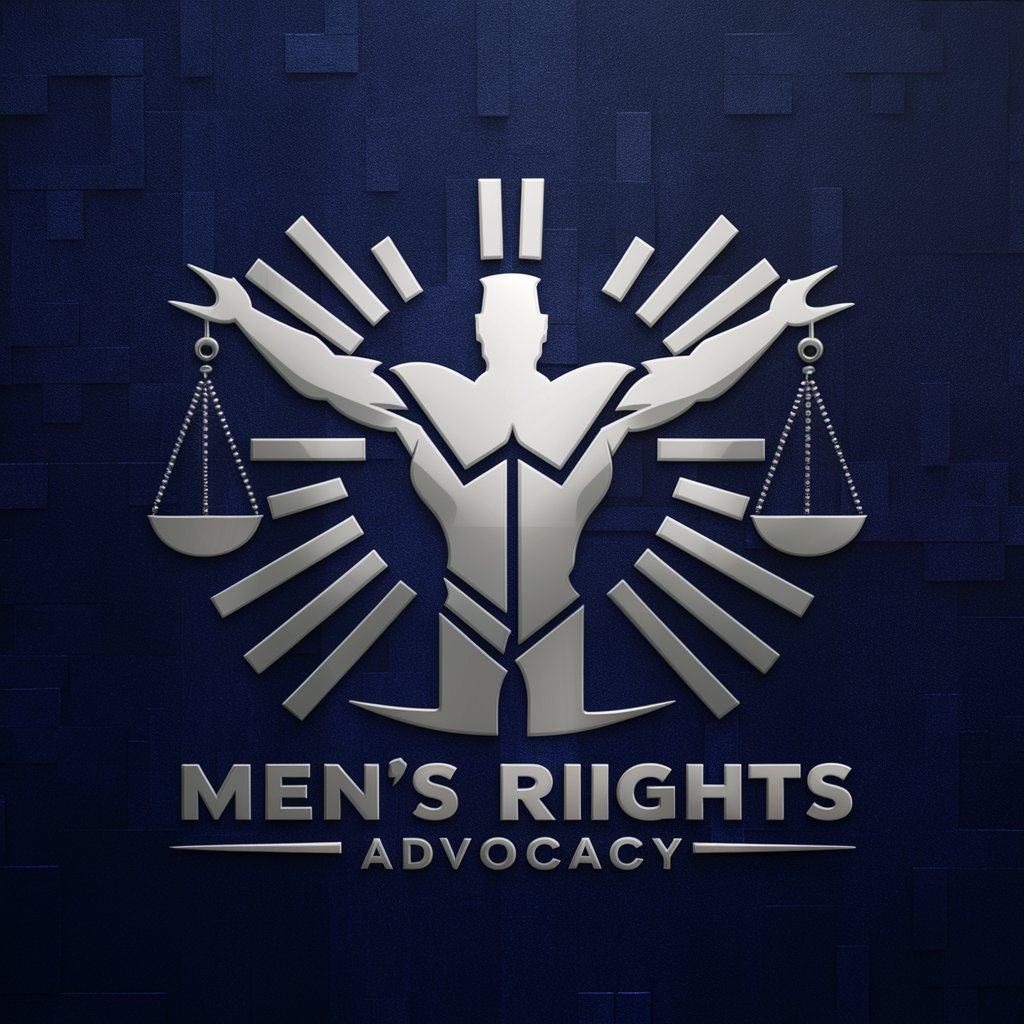
Welcome! Let's explore and discuss issues affecting men's rights together.
Empowering Men's Rights through AI
What are some challenges men face in today's society?
Can you provide statistics on men's mental health?
How do family courts impact men's rights?
What are common misconceptions about men's rights advocacy?
Get Embed Code
Introduction to Men's Rights
Men's Rights is a specialized GPT designed to focus on issues related to men's rights and gender-related topics. It is tailored to provide support, statistical data, and insights into the challenges faced by men in various spheres of society. This includes addressing topics like legal rights, mental health, social perceptions, and equality in the context of men. Men's Rights aims to offer a balanced perspective, shedding light on areas where men might experience discrimination or face unique challenges, and advocating for awareness and support in these areas. Powered by ChatGPT-4o。

Main Functions of Men's Rights
Information and Advocacy
Example
Providing data on male suicide rates and mental health issues.
Scenario
A user seeking information on the prevalence of mental health issues among men, specifically addressing societal stigma and support systems.
Legal Rights Education
Example
Discussing custody rights and challenges faced by fathers in family court systems.
Scenario
A father looking for information about his rights in a custody battle and the typical biases in family courts.
Workplace and Education Equality
Example
Analyzing gender disparities in workplace settings, focusing on industries where men are underrepresented.
Scenario
An HR professional looking to understand and address gender imbalance in fields like nursing or primary education.
Social and Health Issues
Example
Exploring societal expectations of masculinity and their impact on men's health and social behavior.
Scenario
A social worker seeking to understand how traditional male stereotypes contribute to issues like substance abuse or reluctance to seek psychological help.
Ideal Users of Men's Rights Services
Individuals Seeking Gender Equality Understanding
People interested in understanding the complexities of gender equality, specifically how it relates to men's issues. This includes students, researchers, and activists who aim to gain a balanced view of gender dynamics.
Legal and Social Professionals
Lawyers, social workers, and educators seeking information on men's rights in legal and social contexts. This includes understanding biases in legal systems and developing gender-sensitive approaches in social services.
Mental Health Advocates
Psychologists, counselors, and mental health advocates focusing on male mental health issues, aiming to address the unique challenges faced by men in seeking and receiving mental health support.
Human Resources and Corporate Leaders
Corporate professionals looking to create inclusive workplaces, addressing gender disparities and promoting equality, including in industries where men are underrepresented.

How to Use Men's Rights
Start Your Journey
Begin by visiting yeschat.ai to access a free trial of the Men's Rights tool, with no requirement for login or subscription to ChatGPT Plus.
Identify Your Needs
Consider what you're hoping to achieve or learn through Men's Rights. Whether it's legal advice, support systems, or statistical data on men's issues, having a clear goal can guide your inquiries.
Engage with the Tool
Utilize the chat feature to ask specific questions related to men's rights, advocacy, or gender-related topics. The more detailed your questions, the more tailored the responses will be.
Explore Use Cases
Leverage the tool for a variety of purposes, including academic research, personal enlightenment, or crafting arguments for advocacy.
Review and Reflect
Take time to review the information provided. Reflect on how it impacts your understanding of men's rights issues and consider how you can apply this knowledge in real-world contexts.
Try other advanced and practical GPTs
Heart Beat meaning?
Unraveling Complexity with AI

Hurt Me meaning?
Empowering Inquiries with AI Depth
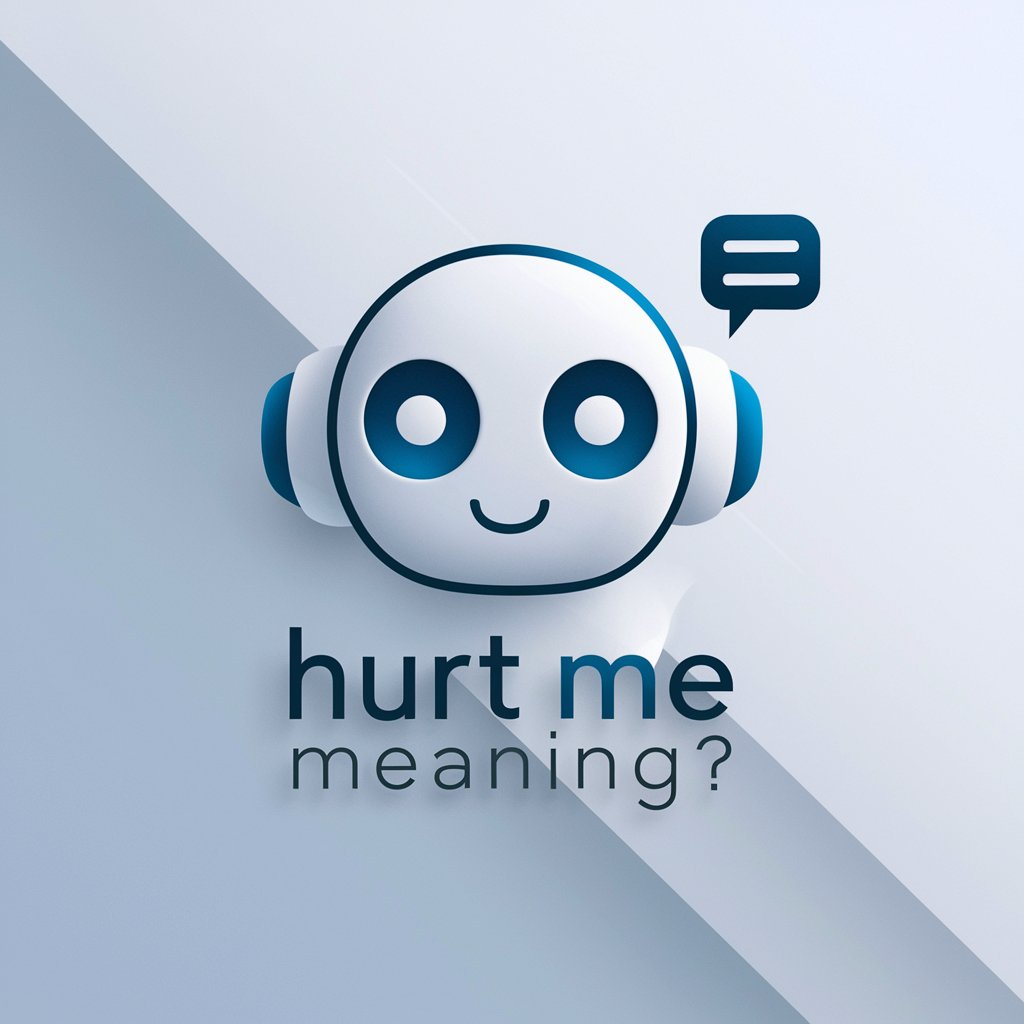
Intro meaning?
Empowering Inquiries with AI Precision
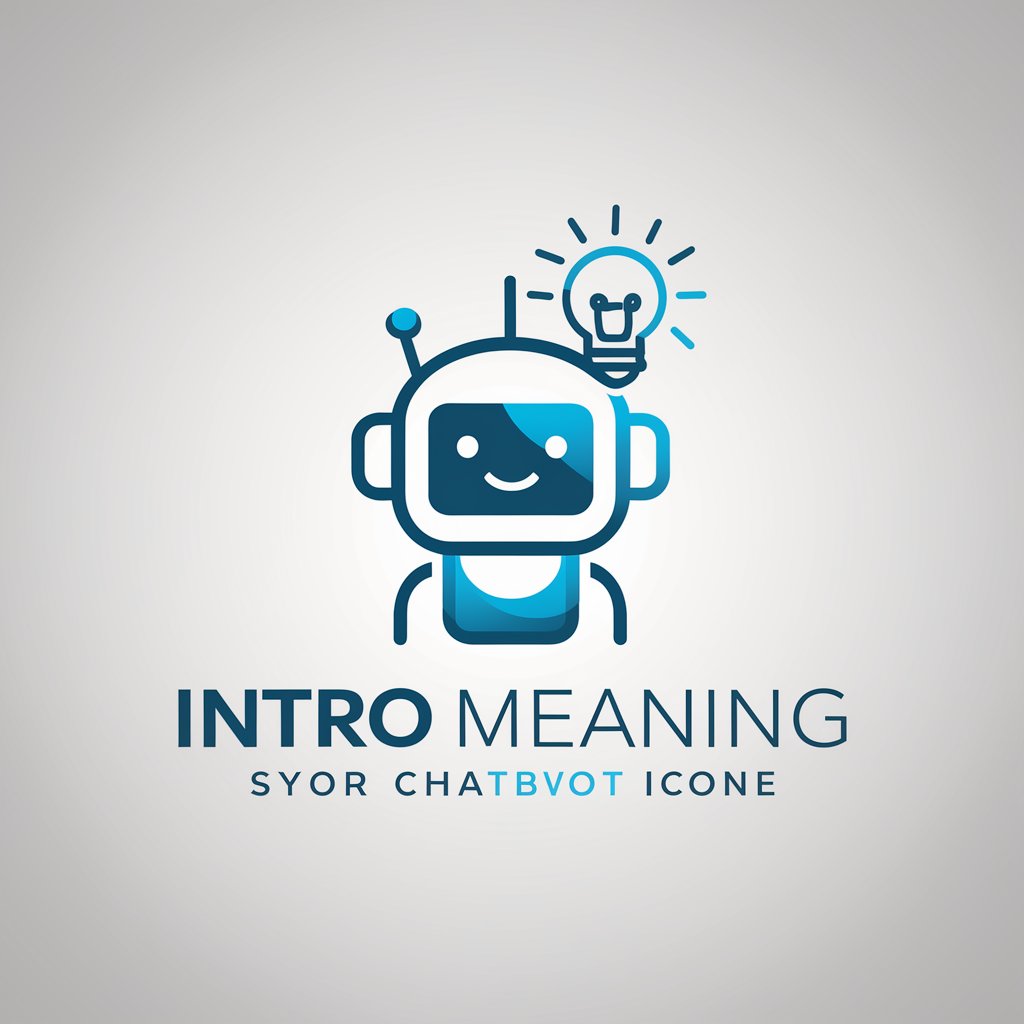
The Audacity (Interlude) meaning?
Unveil deeper meanings with AI-powered analysis.
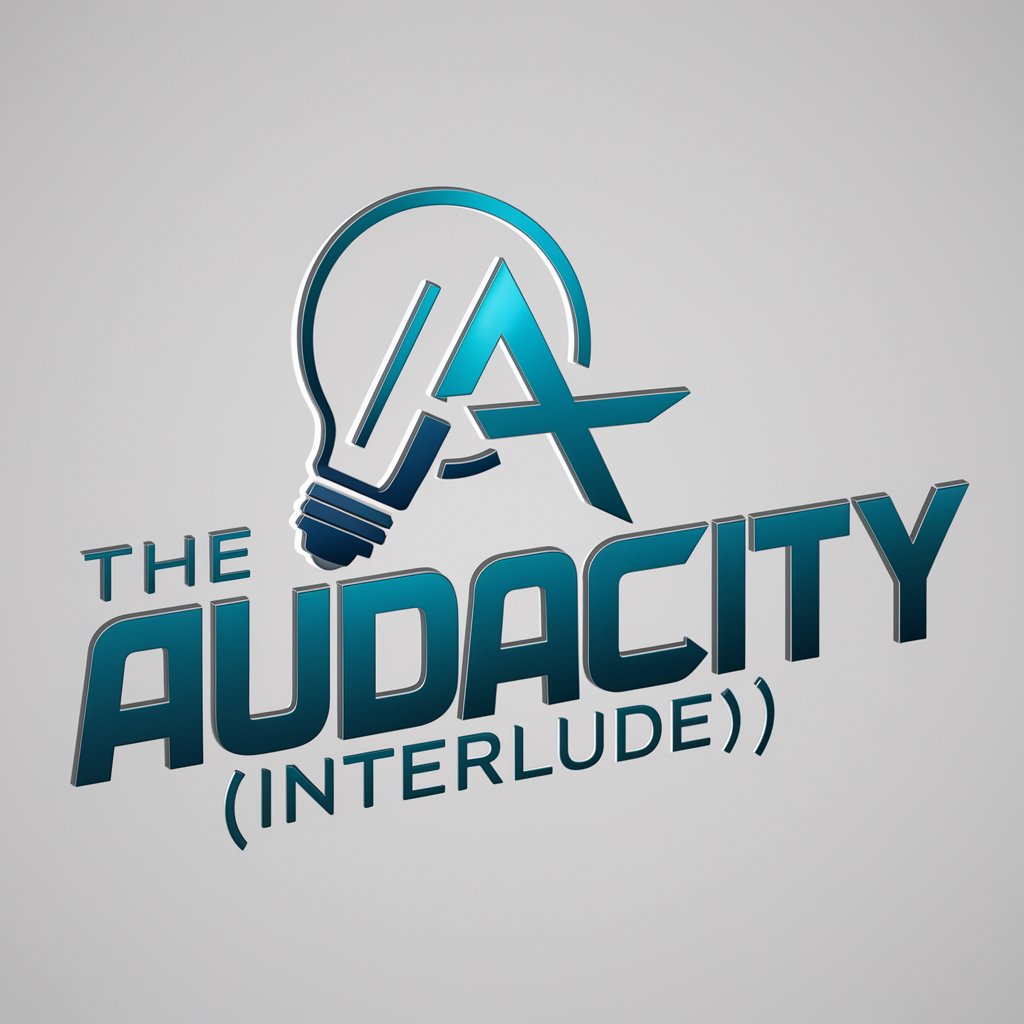
Strawberry Vapors meaning?
Unlocking knowledge with AI-powered precision

Strangers In The Dark meaning?
Illuminate the Depths of Dialogue with AI

Super Sadist meaning?
Empowering creativity and knowledge with AI.

Invisible Chains meaning?
Unlock deeper meanings with AI
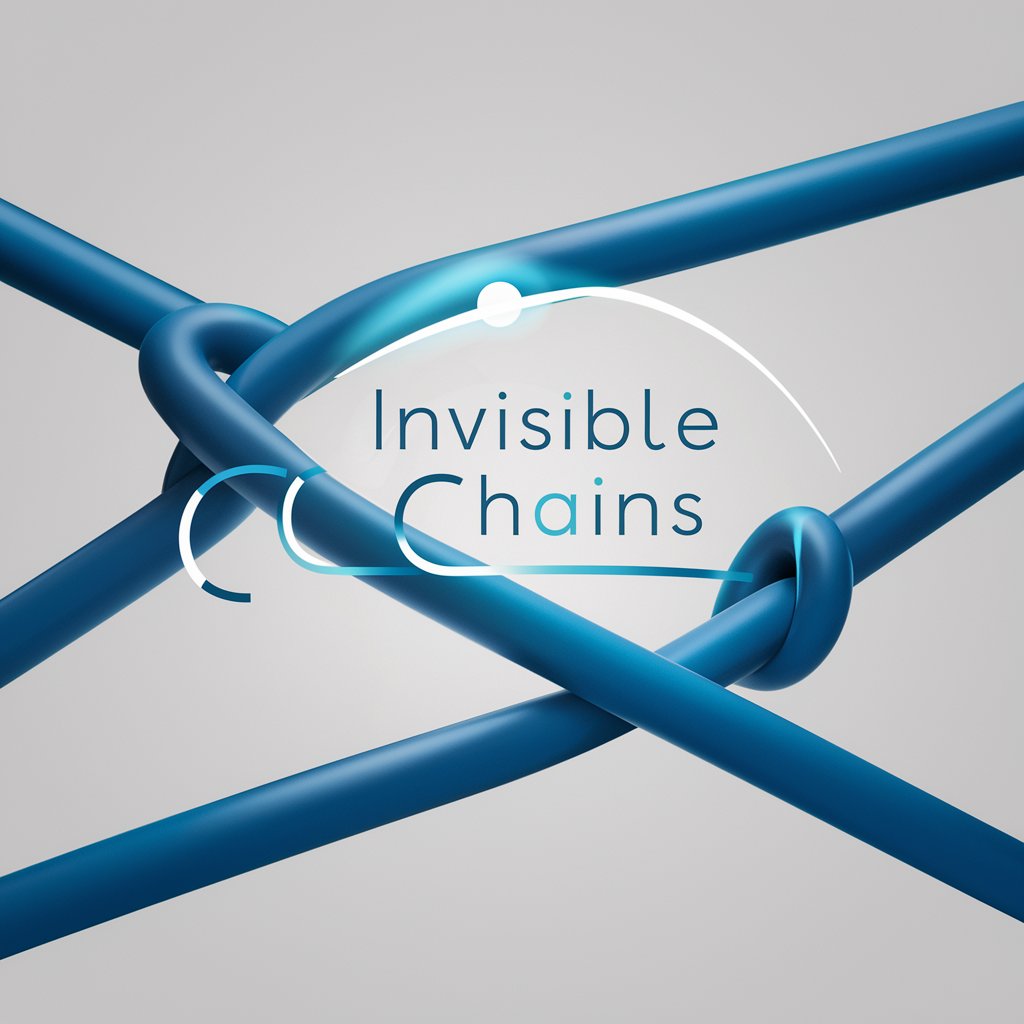
Shackles And Chains meaning?
Unlocking Knowledge with AI
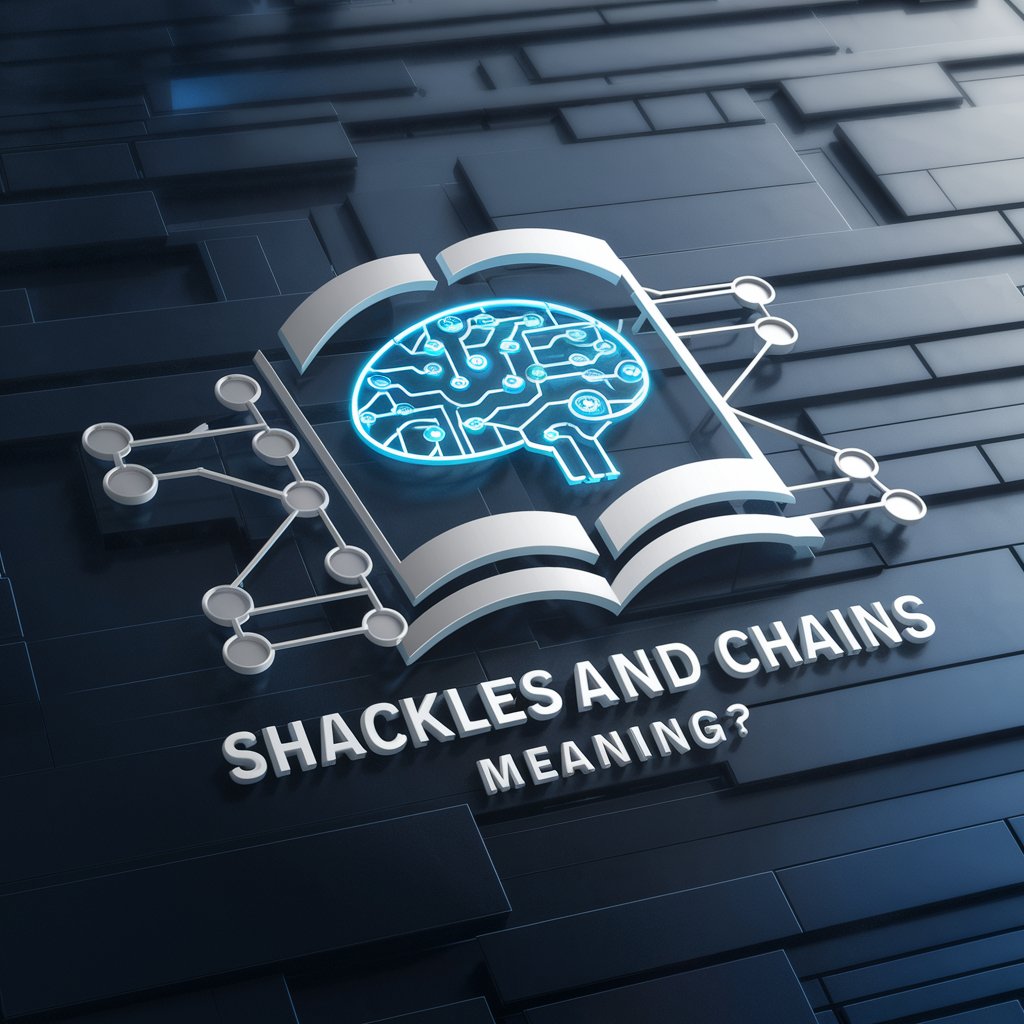
AI Development Expert
Empowering AI Innovation with Expert Guidance

Jane meaning?
Empowering creativity and analysis with AI
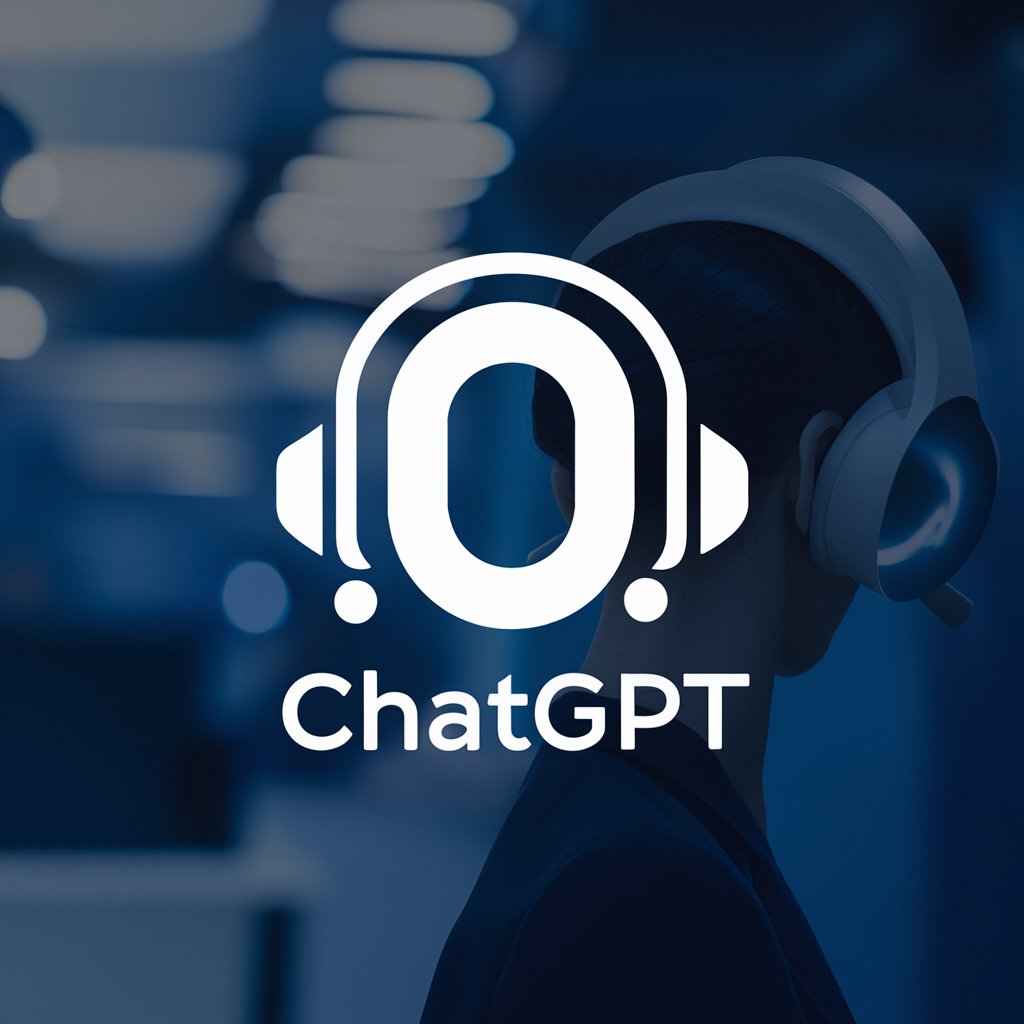
Fading Lady Light meaning?
Unlocking the Depths of AI Insight

Frequently Asked Questions about Men's Rights
What is Men's Rights focused on?
Men's Rights is dedicated to providing support, advocacy, and statistical data on the challenges men face in society. It emphasizes gender equality, focusing on areas where men may experience disadvantages, such as legal biases, mental health stigma, and societal expectations.
How can Men's Rights assist in legal matters?
While not a substitute for professional legal advice, Men's Rights can offer insights and data on legal precedents, rights awareness, and resources for legal aid specific to men's issues, such as paternity rights, divorce, and false accusations.
Can Men's Rights provide support for mental health issues?
Yes, Men's Rights aims to shed light on the mental health challenges faced by men, promoting awareness, offering resources for support and counseling, and challenging the stigma surrounding men's mental health.
How can educators use Men's Rights?
Educators can use Men's Rights as a resource for incorporating gender studies into their curriculum, providing a balanced perspective on gender equality, and fostering discussions around the unique challenges men face.
Is Men's Rights relevant for women and non-binary individuals?
Absolutely. Understanding men's rights issues is crucial for anyone interested in gender equality. It offers perspectives that are essential for a holistic understanding of societal dynamics and promotes empathy and support across genders.
